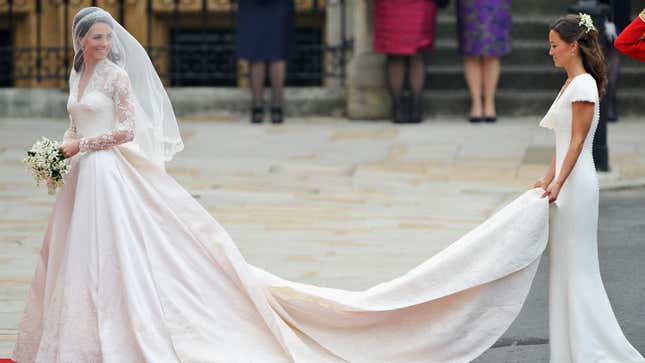Royal Wedding Gown Embroiderer Facing Potential Homelessness During Coronavirus Pandemic
Latest

Chloe Savage’s gorgeous embroidery work was essential to the royal wedding dresses of both Kate Middleton and Meghan Markle. But because of the coronavirus pandemic, her business has dried up, leaving her to struggle to feed her family and make ends meet.
-

-

-

-

-

-

-

-

-

-

-

-

-

-

-

-

-

-

-

-

-

-

-

-

-

-

-

-

-

-

-

-

-

-

-

-

-

-

-

-








































